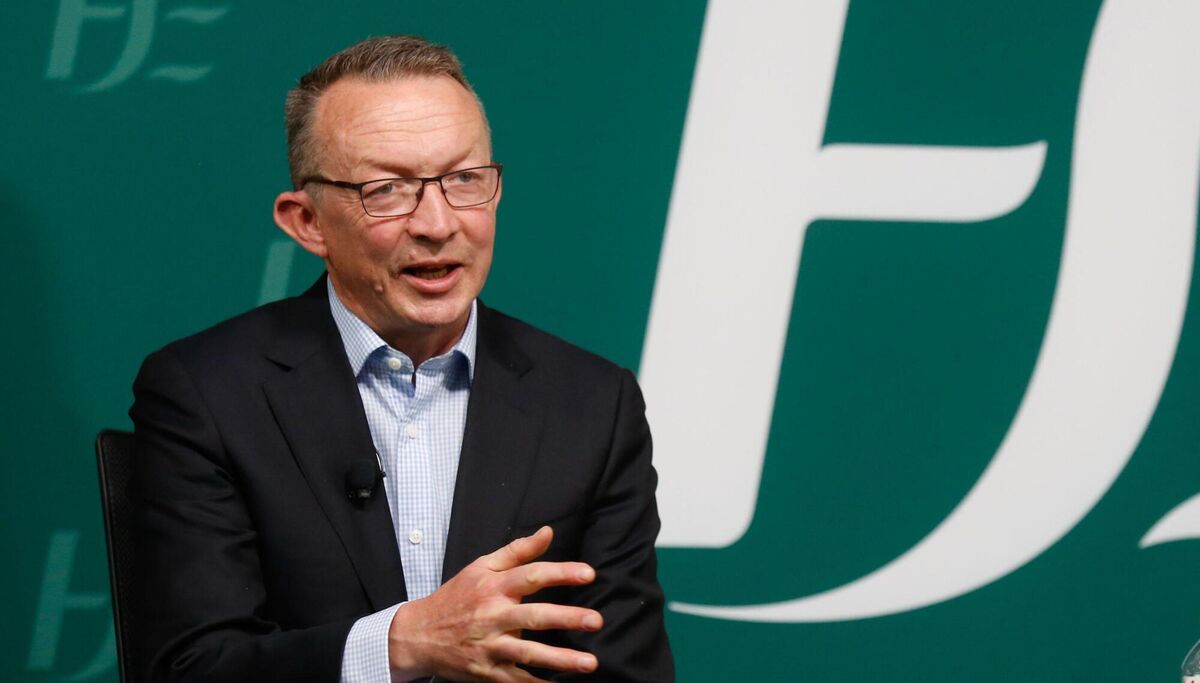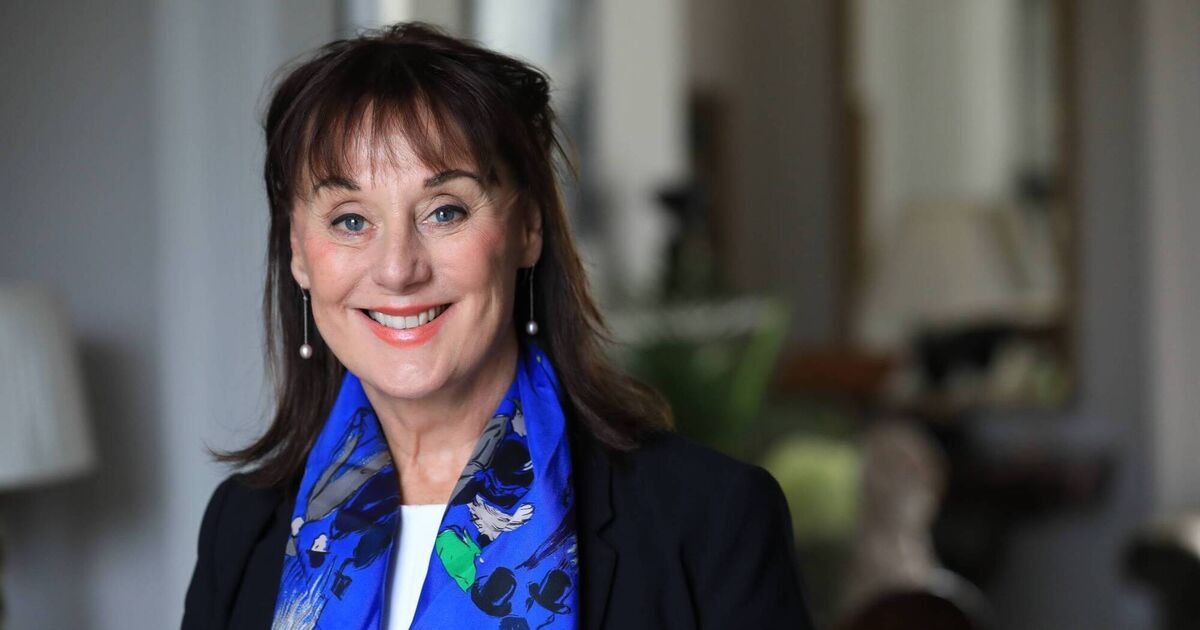The HSE has admitted there are a huge amount of potentially dangerous illnesses in older people that are being missed or are not being adequately treated.
The HSE agreed these conditions, such as high cholesterol, are at “critical unmet need” levels, as researchers warned health services and hospitals are not ready for the rapidly growing older population.
The latest Tilda [The Irish Longitudinal Study on Ageing] report on ageing also highlights gaps in heart disease care, falls and fracture care, osteoporosis treatment, chronic pain, as well as mental health services.
HSE chief clinical officer Dr Colm Henry said: “The findings demonstrate critical unmet need, both in those cohorts who are already treated and those who have not been diagnosed.”
Some 45% of older people assessed for wave six of the project — covering the years 2020 to 2023 — had undiagnosed high cholesterol levels.
Some 36% had undiagnosed hypertension. Among people diagnosed with this condition, 47% of them had blood pressure measurements above safe levels.
Conditions such as high cholesterol are very common and can be modified if treated on time. If not treated, they can lead to stroke, Tilda principal investigator Rose Anne Kenny pointed out.
Dr Henry noted the gap between need and use of services widens with age.
He said: “If need is unidentified or under addressed for hypertension or diabetes, what does this mean for stroke care, cancer, and heart disease?”
Projections show the number of older people in Ireland is set to double over the next 25 years.
Ms Kenny said services are “not age-attuned” and not ready for older patients.
“It’s by far the most powerful report we’ve produced in Tilda, because we now have longitudinal data and we can see change across time or not as the case may be,” she said.
“The thing that struck me was the huge unmet need — undiagnosed [illnesses] or, even if something was diagnosed, it wasn’t appropriately treated.
“These are not inevitable aspects of ageing. They are challenges we can address with the right health and social care systems in place.”
 Dr Colm Henry: ‘If need is unidentified or under addressed for hypertension or diabetes, what does this mean for stroke care, cancer, and heart disease?’ Picture: Leon Farrell / Photocall Ireland
Dr Colm Henry: ‘If need is unidentified or under addressed for hypertension or diabetes, what does this mean for stroke care, cancer, and heart disease?’ Picture: Leon Farrell / Photocall Ireland
Ms Kenny, a regius professor at Trinity College Dublin, described the figures as “really stark”.
She said: “So they [the patients] either don’t know they have it and aren’t on any treatment, or they are being treated but it’s inadequate.”
Tilda teams measure participants’ health to compare self-reported issues with international guidelines.
“We don’t just ask: ‘Do you have hypertension?’ We bring people up and measure them properly, so I can absolutely say to you that data is solid,” she said.
Ms Kenny suggested pharmacies should have a greater involvement in screening of older people’s health.
“We need some way of screening, and pharmacies are brilliant at monitoring drugs,” she said.
“So some way of screening, identify the right treatment, and then engage the GPs as necessary in the process when simple measures haven’t worked.”
The proportion of people going to hospital because of falls rose from 24% in the wave one analysis (2009 to 2011) to 31% now.
During this same time, the prescribing of medicines which raise the risk of falling increased by 17%. After falling, only 25% of patients had gone for physiotherapy.
One third of older adults reported chronic pain, yet two thirds of people with moderate to severe symptoms were not taking medication for this.
Some 12% of older people had clinically significant depressive symptoms, but less than half were getting the right treatment. Over 45% had not reported their symptoms.
Tilda reported “loneliness is not an inevitable part of ageing”, with very different experiences based on levels of interaction with family, friends, or services such as Alone.

